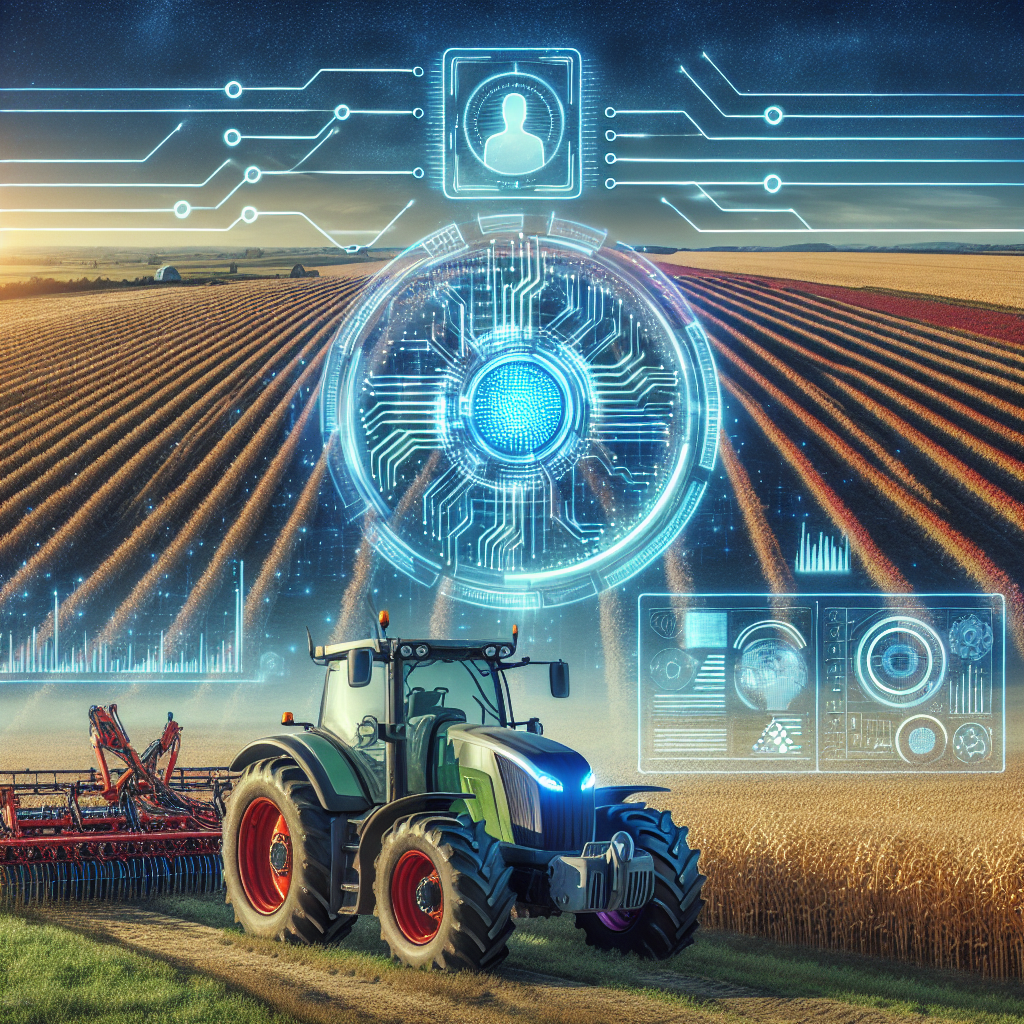Artificial intelligence (AI) is revolutionizing the way we do things in many industries, and farming is no exception. With the help of AI technology, farmers are able to increase efficiency, reduce costs, and improve overall productivity. From automated tractors to drones that monitor crop health, AI is transforming the agricultural sector in numerous ways.
One of the key roles of AI in farming is in the area of precision agriculture. Precision agriculture involves using technology to optimize crop yields and reduce waste. AI systems can analyze data from sensors, satellites, and other sources to provide farmers with valuable insights into their crops. For example, AI can help farmers determine the optimal planting times, monitor soil conditions, and detect pests and diseases early on.
Another important role of AI in farming is in the field of robotics. AI-powered robots are able to perform a variety of tasks on the farm, such as planting seeds, harvesting crops, and even weeding fields. These robots are equipped with sensors and cameras that allow them to navigate through the fields and perform their tasks with precision. By using robots, farmers can reduce the need for manual labor and increase efficiency.
AI is also being used in the area of crop monitoring. Drones equipped with AI technology can fly over fields and collect data on crop health, soil moisture levels, and other important factors. This information can help farmers make informed decisions about when to water crops, apply fertilizer, or take other actions to optimize yields.
In addition to these applications, AI is also being used to improve livestock farming. AI systems can analyze data on animal health, behavior, and feed consumption to help farmers make better management decisions. For example, AI can help farmers detect signs of illness in animals early on, allowing for prompt treatment and reducing the risk of disease spreading throughout the herd.
Overall, the role of AI in farming is rapidly expanding and is expected to continue to grow in the coming years. By harnessing the power of AI technology, farmers can increase productivity, reduce costs, and improve sustainability in agriculture.
FAQs:
Q: How is AI being used in crop monitoring?
A: AI is being used in crop monitoring through the use of drones and sensors. Drones equipped with AI technology can fly over fields and collect data on crop health, soil moisture levels, and other important factors. This information can help farmers make informed decisions about when to water crops, apply fertilizer, or take other actions to optimize yields.
Q: What are some of the benefits of using AI in farming?
A: Some of the benefits of using AI in farming include increased efficiency, reduced costs, improved productivity, and better decision-making. AI technology can help farmers optimize crop yields, reduce waste, and improve overall sustainability in agriculture.
Q: How is AI being used in livestock farming?
A: AI is being used in livestock farming to analyze data on animal health, behavior, and feed consumption. This information can help farmers make better management decisions, such as detecting signs of illness in animals early on and reducing the risk of disease spreading throughout the herd.
Q: What are some of the challenges of using AI in farming?
A: Some of the challenges of using AI in farming include the high initial costs of implementing AI technology, the need for specialized training for farmers, and concerns about data privacy and security. However, as AI technology continues to advance, these challenges are expected to be addressed over time.

